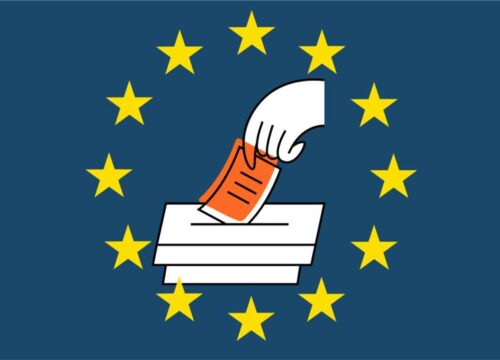Similar to governments, MSPs deal with highly complex issues and challenges. Both strive to integrate the perspectives of as many stakeholders as possible to ensure that the voices of those affected by decisions are heard. MSPs therefore bring together stakeholders from at least three sectors – public sector, civil society, private sector and academia. An effective governance structure is needed to drive a project forward and make it inclusive and participatory at the same time. As in a functioning democracy, this structure at MSPs must ensure the representation of different interests and enable active participation in decision-making processes. As in the context of MSPs, resources are distributed differently among stakeholders in a democratic society. What the protection of minorities is in a democracy, rules and mechanisms that enable equality and participation are in multi-stakeholder partnerships.
The link between MSPs and democratic principles is also evident in the joint promotion of transparency, accountability and innovation. MSPs contribute to finding consensus and developing solutions based on broad agreement. They strengthen democratic principles by actively involving civil society and other stakeholders, thereby supporting diverse and equitable decision-making.
MSPs therefore also reflect a fundamental democratic principle: pluralism. Here, not only are different opinions and interests accepted, but they are actively used to integrate a wide range of perspectives. This promotes a cooperative coexistence of interests and makes it possible to look at complex issues from different angles in order to develop and implement joint approaches and solutions. This diversity of voices is particularly important when it comes to achieving sustainability. Democratic governments face the challenge of making decisions that take into account not only the needs of the current generation, but also the needs of future generations. It is therefore crucial that sustainable protection of human and environmental rights is politically promoted and implemented. In order to shape a sustainable future, various actors must be involved in the long term. At the same time, non-state actors are also needed to mobilize the necessary resources, as governments cannot raise these alone. MSPs are taking up this challenge, pursuing and implementing the United Nations Sustainable Development Goals (SDGs) and the principle of “Leave no one behind” in various ways. Through this broad partnership and the consideration of different interests and perspectives, MSPs can contribute to providing a comprehensive and sustainable solution to complex global challenges.
In a nutshell, multi-stakeholder partnerships are not only an instrument of cooperation, but also an example of living democratic principles. By bringing together government, private sector, civil society and academia, they help to harness the potential of our continent and beyond for the benefit of all. In this way, they create the foundations for a prospering Europe in a sustainable world.
(A commentary by Anna Rabus)



